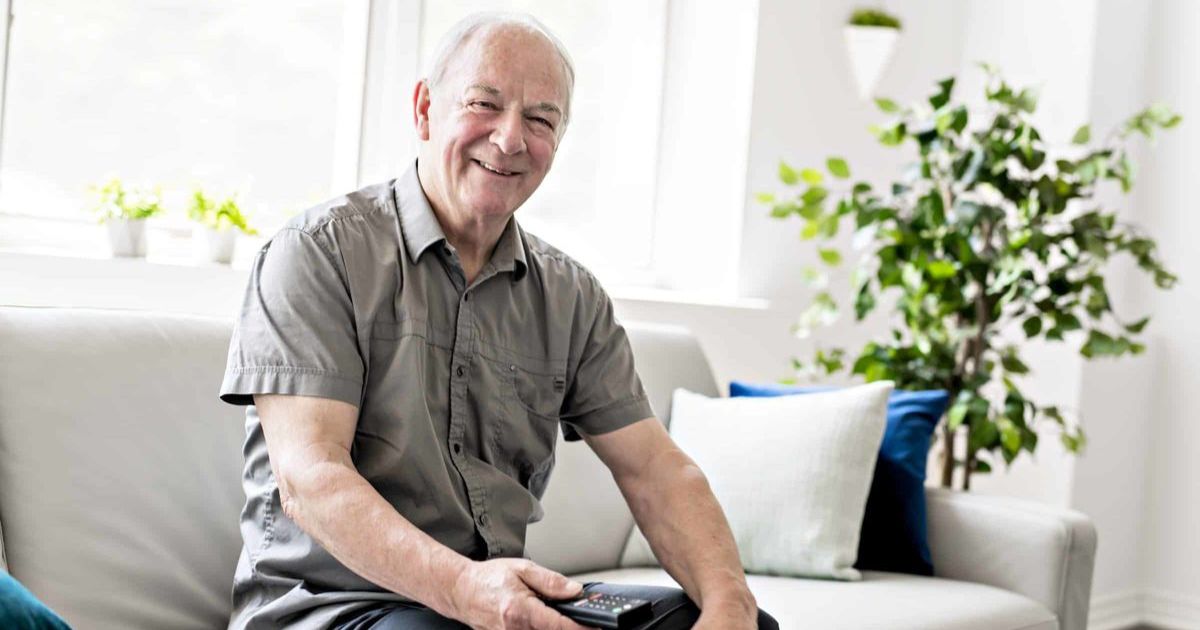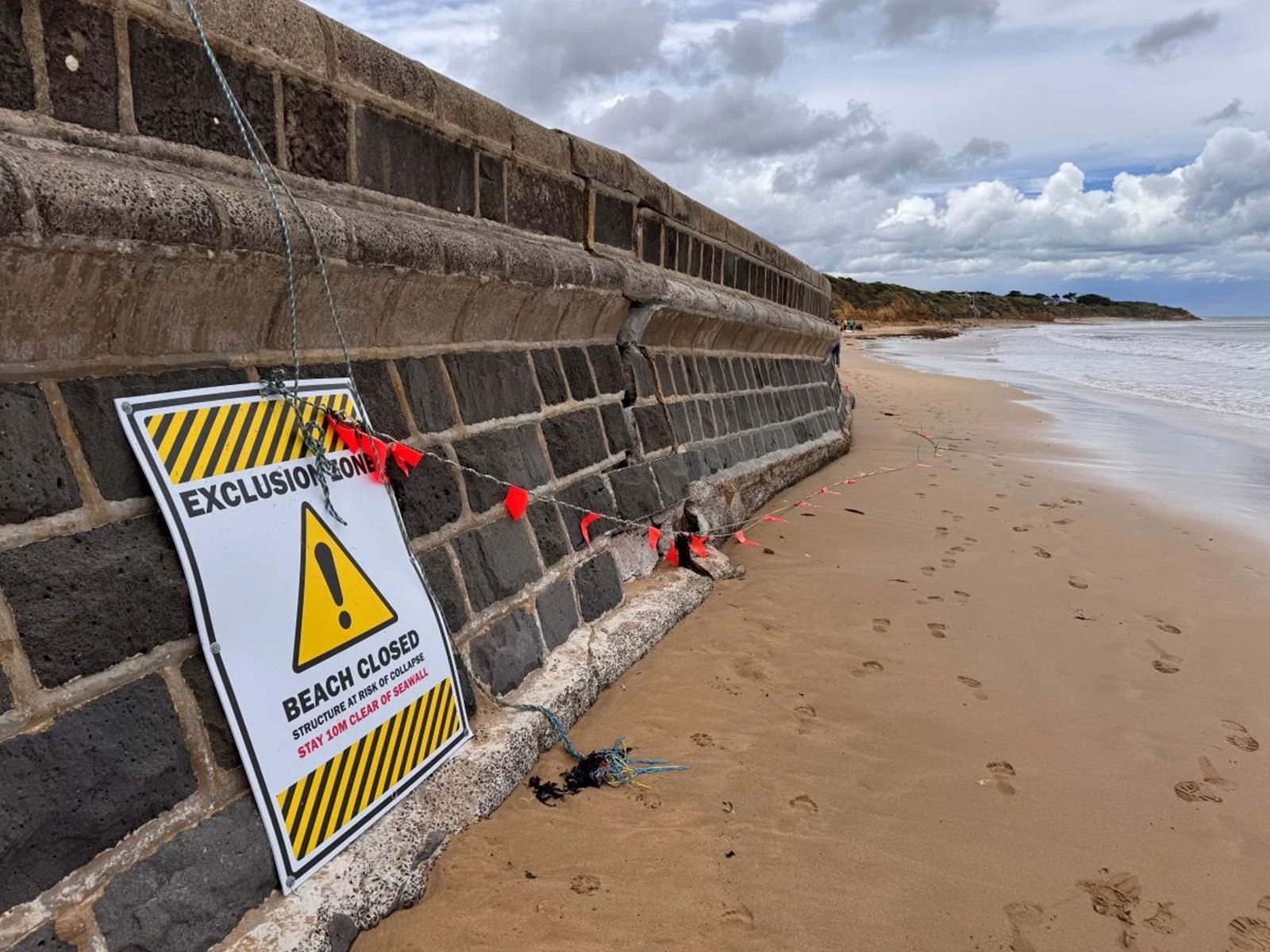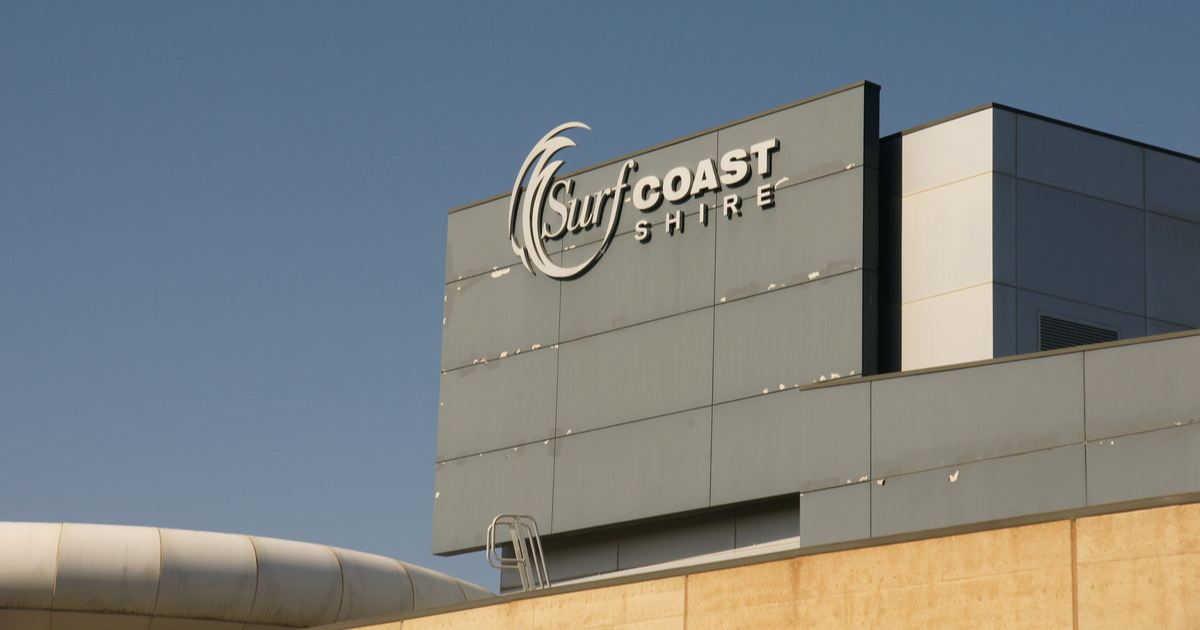Climate inquiry calls for rollout of Geelong-led initiative

Launched in 2018, the Climate Safe Rooms pilot focused on retrofitting one room in the homes of Geelong residents with financial constraints and chronic health conditions exacerbated by climate conditions. Photo: GEELONG SUSTAINABILITY
A GEELONG-led initiative providing vulnerable people and people from low-income backgrounds with a refuge from extreme weather should be expanded across the state, a parliamentary inquiry has recommended.
The inquiry, established in October 2023 to investigate Victoria’s prepared for and mitigation of the impacts of climate change, handed down its final report earlier this month.
“The impact of a changing climate on Victoria’s built environment is clear,” inquiry chair Ryan Batchelor said.
“Hotter summers are leading to longer bushfire seasons, more intense rainfall events create new flooding patterns, coastal erosion continues apace, and we are experiencing more frequent high intensity wind and storms.”
Among the more than 80 recommendations laid out in the report were calls for the state government to expand access the Climate Safe Rooms program, an initiative of not-for-profit group Geelong Sustainability, across the state to provide more vulnerable people and people from low-income backgrounds with “appropriate refuge from extreme hot and cold weather”.
Launched in 2018, the pilot program focused on retrofitting one room in the homes of Geelong residents with financial constraints and chronic health conditions exacerbated by climate conditions.
Funded by a Victorian government climate change innovation grant, the retrofits included works such as increasing insultation, draft proofing, installing reverse cycle air-conditioners and, in some homes, fitting solar panels to power those air-conditioning units.

The pilot aimed to deliver a cost-effective solution to improve living conditions and health and reduce energy costs, with research showing more than 6 per cent of deaths in Australia are attributable to cold weather and the average temperate of nearly 85 per cent of Victorian homes is below the World Health Organisation’s recognised “safe” indoor temperature of 18 degrees.
Participants in the pilot reported increased comfort, health and happiness, with 77 per cent reporting significant improvement in their level of comfort during both summer and winter and 70 per cent strongly agreed they had experienced reduced energy bills.
Geelong Sustainability welcomed the recommendation.
“Our proven model improves the health and wellbeing of vulnerable people, while reducing energy bills and easing pressure on our health system,” the group stated.
“It’s time to scale it up and support more vulnerable members of our community to build resilience to extreme weather.”
The inquiry also heard of the increasing challenges faced by rural and regional communities as the frequency and intensity of natural disasters, such as bushfires, floods and storms continue to rise.
Coastal erosion similarly remains a significant concern for many communities across the state, including the Surf Coast, with the report advocating for a transition from a traditional like-for-like rebuilding model to a “betterment” approach that prioritises the long-term sustainability of infrastructure.

















